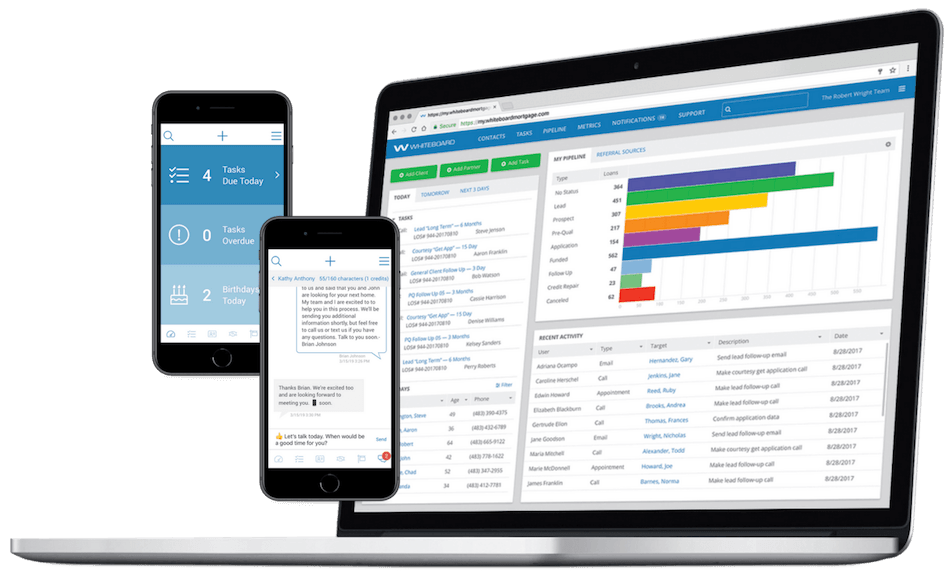
What Are Web Applications?
Web applications, often referred to as web apps, are dynamic software programs that run on web servers and are accessed through web browsers. Unlike traditional desktop applications, web apps do not require installation and can be accessed from any device with an internet connection. They are designed to perform specific functions or tasks, ranging from basic online forms to complex, data-intensive systems.
Types of Web Applications
Web applications come in various types, each serving a unique purpose.
Let's explore some of the most common categories
Content Management Systems (CMS):
CMS web apps are designed for easy content creation, management, and publishing. They empower website administrators to update and organize text, images, and multimedia content.
Educational Web Apps
Educational apps support online learning, providing courses, quizzes, and resources. They are commonly used in the e-learning industry.
Project Management Tools
These web apps facilitate project planning, collaboration, and task tracking. They are valuable for teams working on diverse projects and tasks.
Cloud-based Applications
Cloud-based web apps enable users to store, access, and share data from anywhere with internet access. Examples include Google Drive and Dropbox.
Customer Relationship Management (CRM) Systems
CRM web apps assist businesses in managing their relationships with customers. They store customer data, interactions, and sales information for better customer service and marketing.
Business Analytics and Reporting Tools
These applications help companies gather, analyze, and visualize data to make informed decisions and track performance.
Personal Productivity Apps
These web apps enhance personal organization and productivity, offering features like to-do lists, note-taking, and calendars.
Communication Tools
Communication web apps encompass email services, messaging platforms, and video conferencing solutions, facilitating real-time and asynchronous communication




